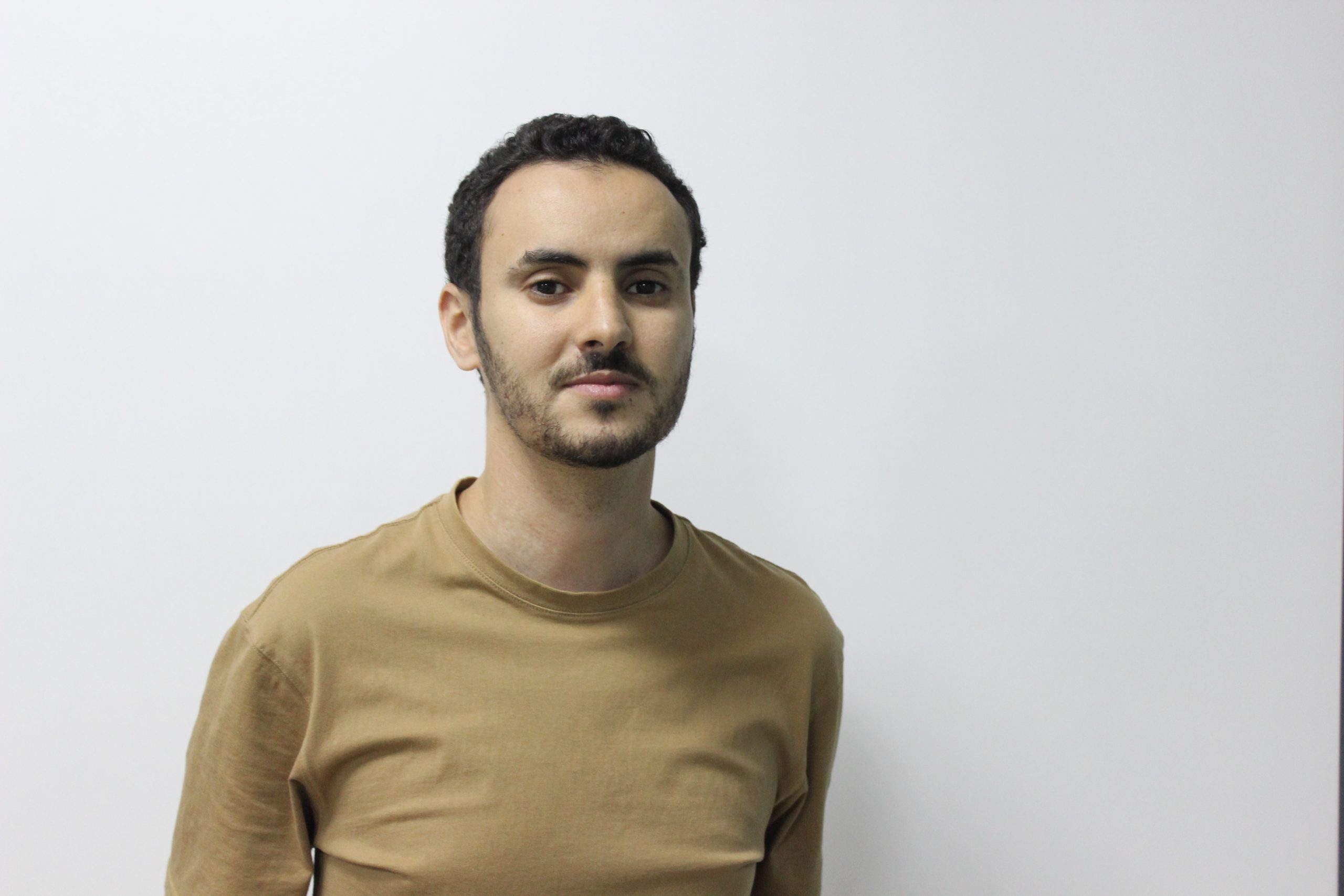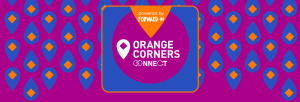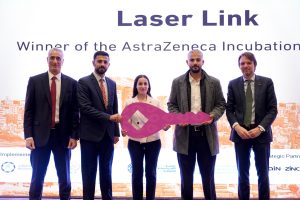In today’s global economy, supply chains stretch across continents, often involving countless actors whose practices are difficult to monitor. For companies under increasing pressure to prove transparency and sustainability, gaining insights into these complex networks is both a challenge and a necessity. This is where Badr Oubenyahya’s Obens comes in.
With a digital platform designed to trace natural resources all the way to the source, this Orange Corners Morocco alumni empowers internationally operating businesses not only to map their supply chains, but also to track crucial sustainability metrics backed by real, verifiable data. Living wages, biodiversity, deforestation, you name it. By working directly with producers on the ground, Obens bridges the gap between global buyers and local cooperatives, offering more than just compliance: it delivers proof, stories and impact.
Hi Badr! Could you introduce yourself and Obens?
My name is Badr Oubenyahya and I’m the CEO of Obens, a startup working on digital traceability and transparency for supply chains. Our digital platform gives our clients access to their suppliers, to the suppliers of their suppliers, to their suppliers.. all the way to the end of the supply chain. This allows them to do two things: trace the journey of their natural resources, say from the farm or the forest, all the way to the final delivery. And through this, to monitor sustainability topics. Think deforestation, living wages, biodiversity. Each supply chain has their own priority themes, which we help them monitor.
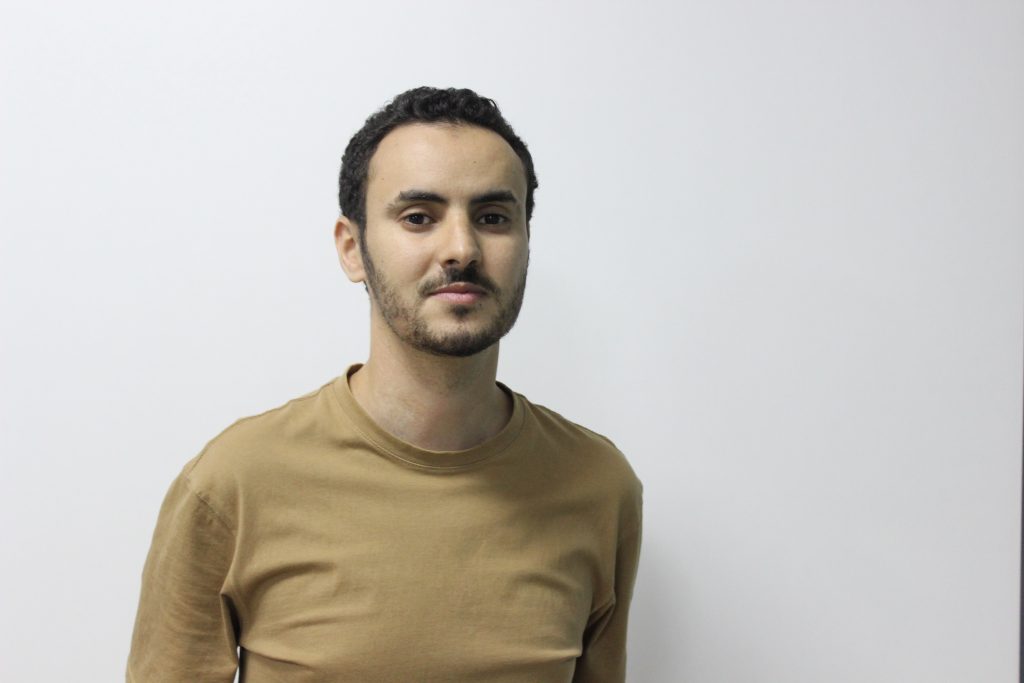
We mostly work with European B2B buyers, as EU legislation requires them to look into sustainability questions. To go really deep into their supply chain and look at human rights, the environment. Take BASF-L’Oreal, for example. They’re the second-largest importer of Moroccan argan oil and came to us with transparency questions around their Moroccan argan oil supply chain.
Since 2023, we’ve been monitoring living wages for around 500 women in cooperatives producing the BASF-L’Oreal argan oil, all the way to the individual worker in each of the cooperatives they work with. We don’t just track how much they earn, but create a full social profile. Whether her children go to school, whether she receives dividend, her medical insurance, her household finances. All to determine whether what this individual employee is paid is compliant with the living wage threshold. And going beyond the individual workers, we’re also looking at the social fund each cooperative has and how that money is being spent. On preserving the forest for example, or schooling the kids. All proof-based, with documentation, photos.
This is BASF beauty care. With all this information, they can engage stakeholders and take proper action to improve the situation for workers in their supply chain. But we can do the same for any other company importing natural resources for cosmetics and food industries, or for any other supply chain for that matter.
Our clients get more than commodities. They get data, they get stories. They get the opportunity to prove their sustainability claims, their traceability end to end. All based on real data, not just on claims.
How does this monitoring work in practice?
Obens is a digital platform, which the cooperatives get access to. The cooperatives have collectors on the ground, who we train to collect and insert data. Sometimes that’s a matter of uploading an excel file, sometimes they insert information manually. If they already have a system in place, we connect with that through an API.. but that’s quite rare with small-scale producers. I’ve been really surprised with their ability to adopt tech though. In the beginning I thought this wasn’t going to be easy, because they aren’t super tech savvy.. but they feel completely at ease with WhatsApp and similar tools. And today we receive data for every batch, every month. The incentive to fill in the surveys? That’s pretty easy. In most cases, we work with supply chains that have already existed for years, it’s just a matter of digitising their traceability. And because clients are willing to pay premium prices for organic and fair trade products, producers are quite happy to give them the data in exchange for more money. All they need is bit of support to make it happen.
As a Moroccan startup, Obens is uniquely positioned to connect these two worlds. We help producers with training, but also work very closely with them to make sure they actually deliver the data. We literally speak the same language. Our focus on the production side is really unique though. Other European or American solutions focus on the client side, the importers.. but they’re not really helping producers on the ground.
We give these cooperatives the possibility to digitise their own traceability. Where collecting data is not just a duty, but also becomes an opportunity. We help them structure their work, digitise their management – all very new for small-scale producers in rural Morocco. While the whole world is talking about the digital transformation, there’s not a lot of people actually helping them to ride that wave. We give them training and access, all for free. And in return our clients get more than a commodity. They get data, they get stories. They get the opportunity to prove their sustainability claims, their traceability end to end. All based on real data, not just on claims.
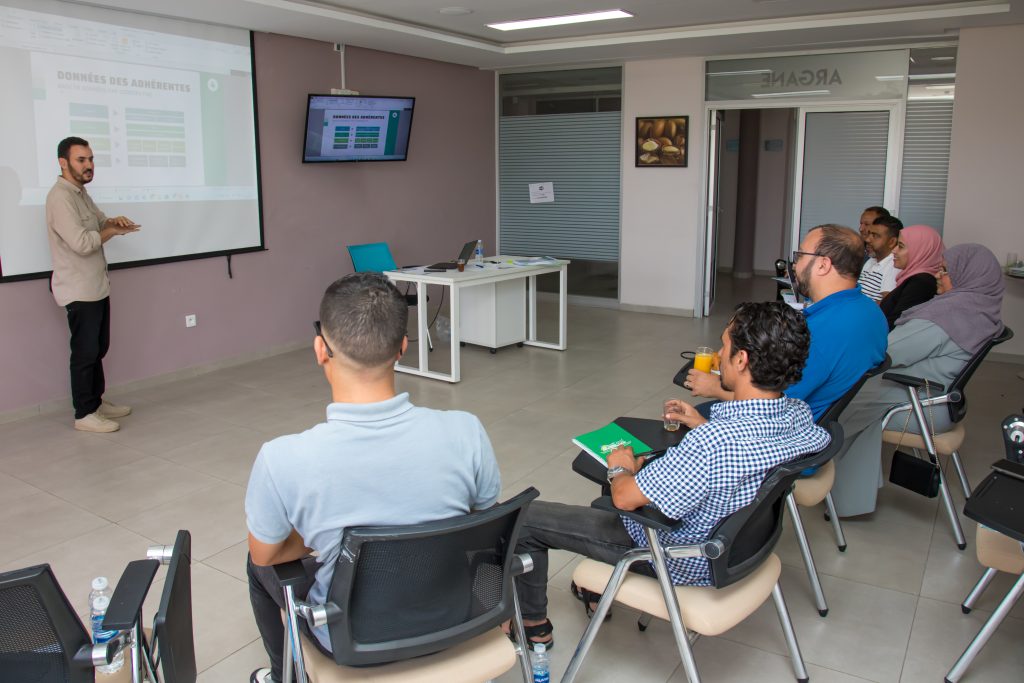
You mentioned deforestation, living wages and biodiversity. Is there anything else you’re working on?
To trace sustainability, climate in general is super important. We’re currently working on a carbon emissions monitor, so that before exporting you know the footprint of every batch. We don’t just map the supply chain, say ‘your supplier is here, address and done’. We go further, really draw a tree, a map for each batch. Tell them this batch comes from here, this batch comes from there. But we also offer analytics that cover the entire supply chain, where you can find averages across all batches, for example. This is super interesting for importers, because it’s quite hard for them to track emissions in the supply chain. As we’re close to the suppliers, we have a pretty good idea about their production, the machines they use, transportation.. and we’re using that knowledge now to quantify carbon emissions.
All these new features take a bit of time and money to implement though. Fortunately some companies are willing to take this risk with us, invest a little in a foreign startup so we can add another feature. But the majority of companies, they need the features to be there before they consider signing up.
We just launched a new version to make our platform a bit more generic, to support more supply chains. This is easiest where supply chains look very similar to what we’ve already mapped, like the women cooperatives producing the argan oil BASF-L’Oreal imports. There’s quite a few natural ingredients supply chains that fit that criteria. We’ve also had interest from different supply chains, like shea butter, baobab oil, ginger or fish. And not just from Morocco, but also from other African countries. Burkina Faso, Senegal, Ghana. We can work anywhere in Africa really, anywhere in the world even. Wherever there’s a supply chain, we just have to give them access, train the people and that’s it really. Linguistically there’s no challenges there either. We currently have a platform in Arabic, English and French, and we can easily integrate any new language. We’ve made space for this since day one, because going deep into the supply chain you need the local language to get the cooperatives on board.
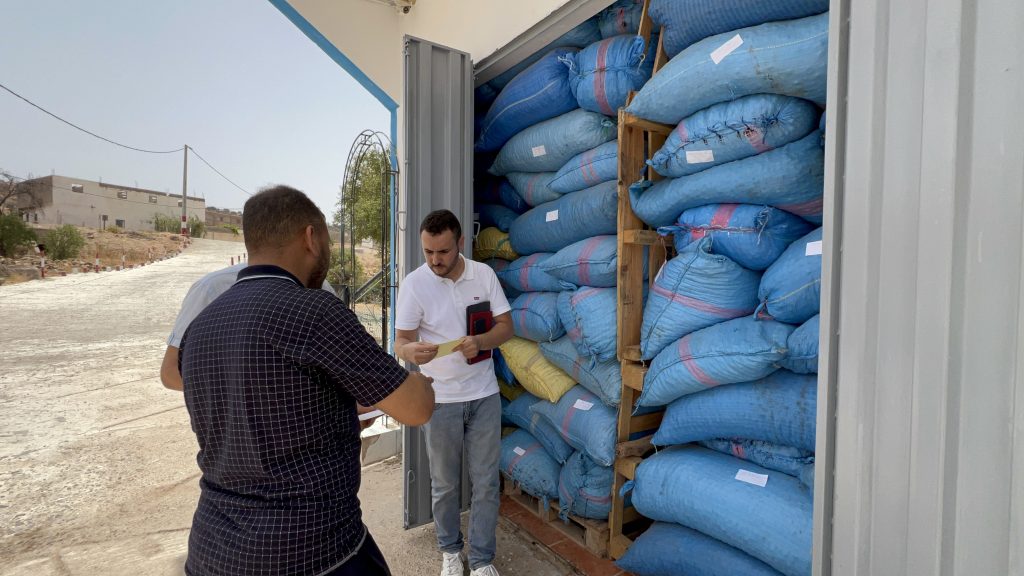
You were part of the Orange Corners Gitex 2024 delegation. How’s that experience been for you?
It was a super nice, enriching experience. The sense of community, but also the connections I made. And before the event we had some training, to really help us get the best out of the Gitex. For example, I connected with a textile centre here in Morocco, a joint venture between the state and a business, and they’re super interested in traceability and transparency. And right now, we’re preparing to launch our first use case with them. That definitely wouldn’t have happened if I hadn’t gone to the Gitex.
I really appreciate all that Orange Corners has done for us. You’re making a real difference for a lot of startups in Morocco, including Obens. You came at a time we didn’t have any funding, not a lot of support. Morocco is a very small ecosystem. It’s growing, but still very limited. So we have to connect with the outside world if we want to breathe, especially if we’re aiming to work with international clients. You’ve opened our minds in terms of opportunities, possibilities and knowledge. The Bidaya team has been incredibly supportive during the whole journey. And I’m very interested in the synergies we can find with the Dutch market, knowing that there’s a lot of big companies importing from Africa in the Netherlands too.
We can work anywhere in Africa really, anywhere in the world even. Wherever there’s a supply chain, we can give access and provide training.
What do you need at this point to take Obens to the next level?
Like every startup, we need a lot of things! More use cases for example, as we’re still co-developing the platform with our clients. With every new supply chain we add, we learn more about how things are done on the ground. Not just in Morocco, but across Africa. With every new client, we benefit doubly: not just monetarily, but also in knowledge.
Funding is a big thing for startups though. We’re investing in new features, people, new concepts.. and somehow you have to fuel this growth. Especially in the beginning, sales alone aren’t always doing that. You make some concessions to encourage clients to take a risk on you, a Moroccan startup. Marketing in general is a challenge. Like any tech startup, we sometimes find ourselves working too much on the product, rather than the sales. We’re a team of 8, mostly developers. And as CEO, I’m not just working on the management and the sales, but also the product, the support, the development. We hope to be profitable by next year. Right now, every time we make money, we invest back right away, because we still see so many interesting features we’d love to add to the platform. We’re still on this perpetual investment loop.
Startup life in general is difficult. It may look sexy, but on a day to day basis there’s a lot of challenges. You have to manage your team, your runway, and you’re not always in a powerful position. Patience is underrated. Running a startup, you have to be patient. Not with making decisions, because you’re making decisions every day, but with results. Be impatient with actions, but patient with results. You know how they say expectations are disappointments in the making? You have to be ambitious, but at the same time not put the ball too high. You have to keep going, be agile, and accept that sometimes you win, sometimes you lose. Startup life is a rollercoaster in that sense. Lots of ups and downs. Sometimes it’s blurry, sometimes it’s clear, but we just keep going!

